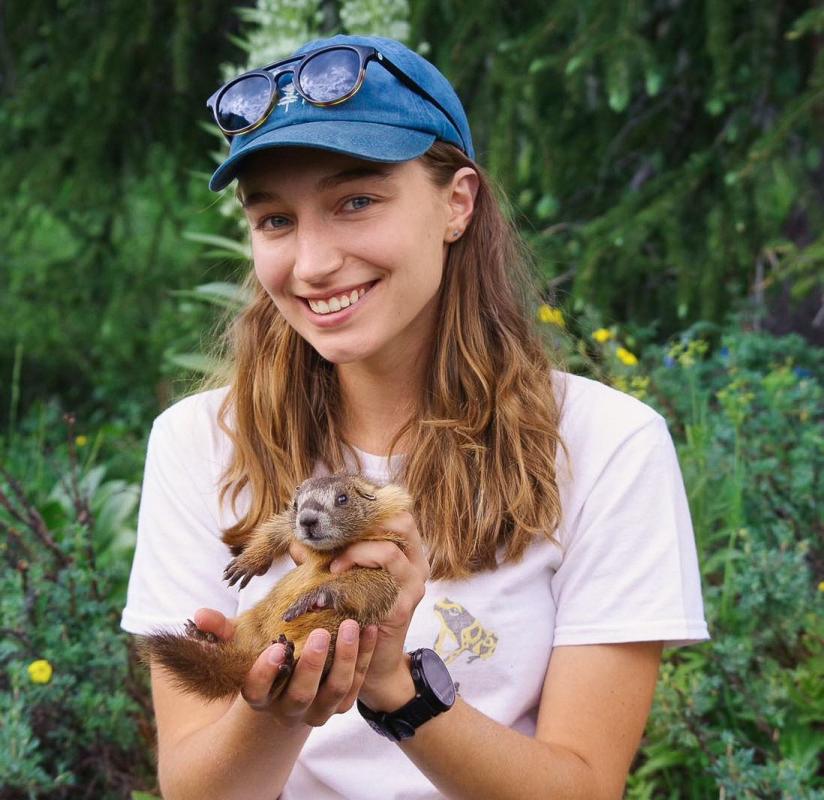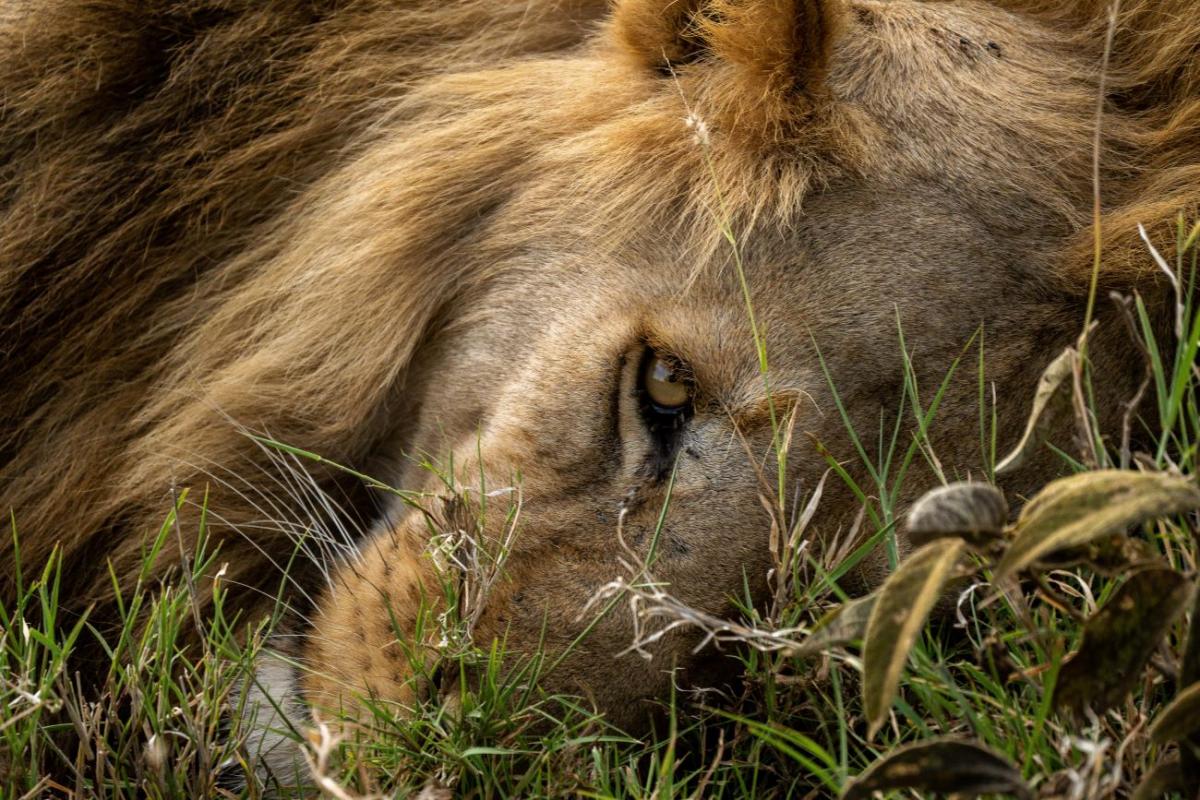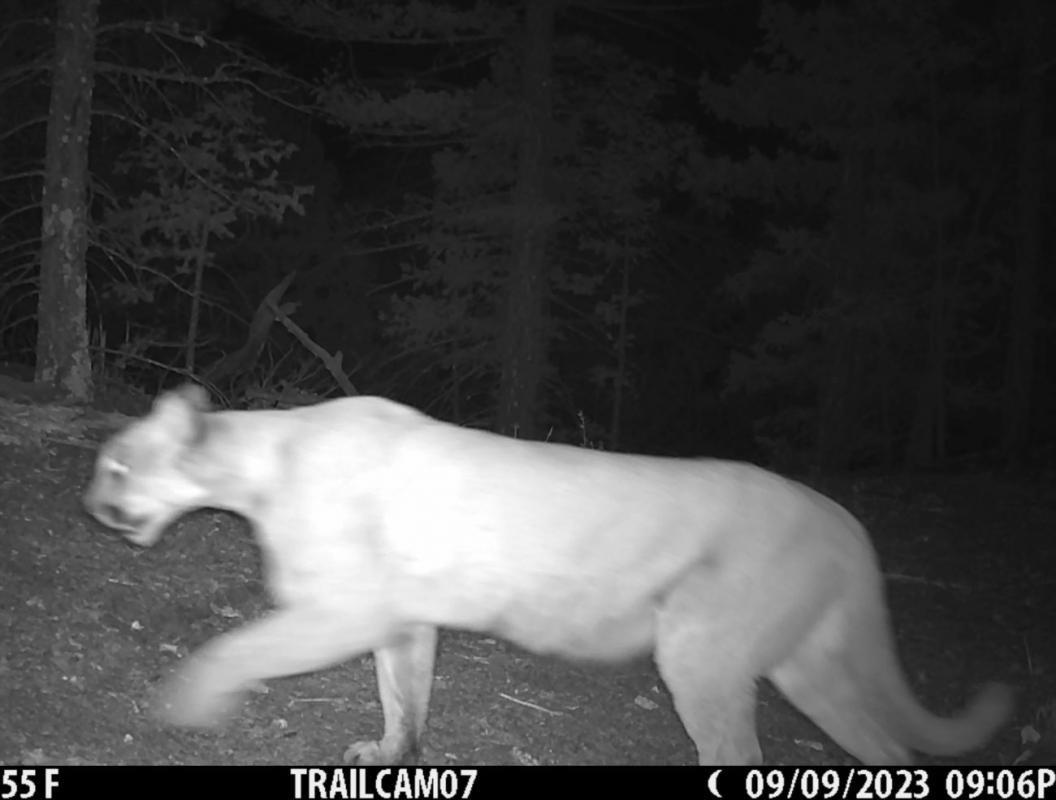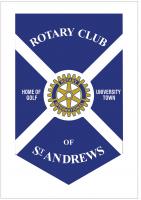Rotary Foundation student Isabel DeVito
Wed, Oct 30th 2024 at 12:40 pm - 2:40 pm
USA post grad Rotary Scholar in Statistical Ecology gave a wonderful presentation with lot of photos of wild life.
Guest
speaker was Isabel de Vito, a student at the University of St Andrews,
the recipient of a Rotary Foundation scholarship for her Masters Degree
Course in Statistical Ecology. Isabel spoke of her background in the
United States where she completed her undergraduate degree in Ecology
for which she undertook a project on Marmots in the Rocky Mountains and a
study on a species of Owl which has been adversely affected by the
changing weather in Colorado and California where climate change causes
increasingly frequent forest fires which have a significant impact on
wildlife. She also spoke of her time spent in Tanzania where she spent
time with a hunter /gatherer tribe. Here she was able to study the
increasing impact between wildlife and local populations where the
herding of livestock and the need for farmland development is impacting
on traditional wildlife grazing grounds, resulting in tensions and
conflict. Isabel described placing numerous camera traps in Colorado to
record wildlife activity over a large study-area. Here her specific
interest was in apex carnivores including the mountain lion, bobcat and
grey fox, and their interactions with development by humans. Her studies
covered wildlife population densities and spacial movement. She would
like to continue this specific interest to PhD level, looking into the
methodology of reducing livestock predation in areas of human/wildlife
interfaces. Isabel illustrated aspects of her presentation with a number
of excellent photographs from the 50,000 data-set she has accumulated
from her camera traps. Wendy Bell gave the vote of thanks.
 Contact Colin Mitchell about this page:
Contact Colin Mitchell about this page:
'What We Do' Main Pages:
_1.jpg)
International links with Foundation to form Rotary's service avenue for improvements in International Understanding.
more
Rotaract St Andrews is a University based club sponsored by the Rotary Club of St Andrews. Check out Rotaract St Andrews Facebook page for more info
moreIn general terms the purposes of this committee are ...
moreLinks with environmental issues
more



 (1024x768) (800x600)_1.jpg)
 (2).jpg)
.jpg)

 (640x480).jpg)

.jpg)
